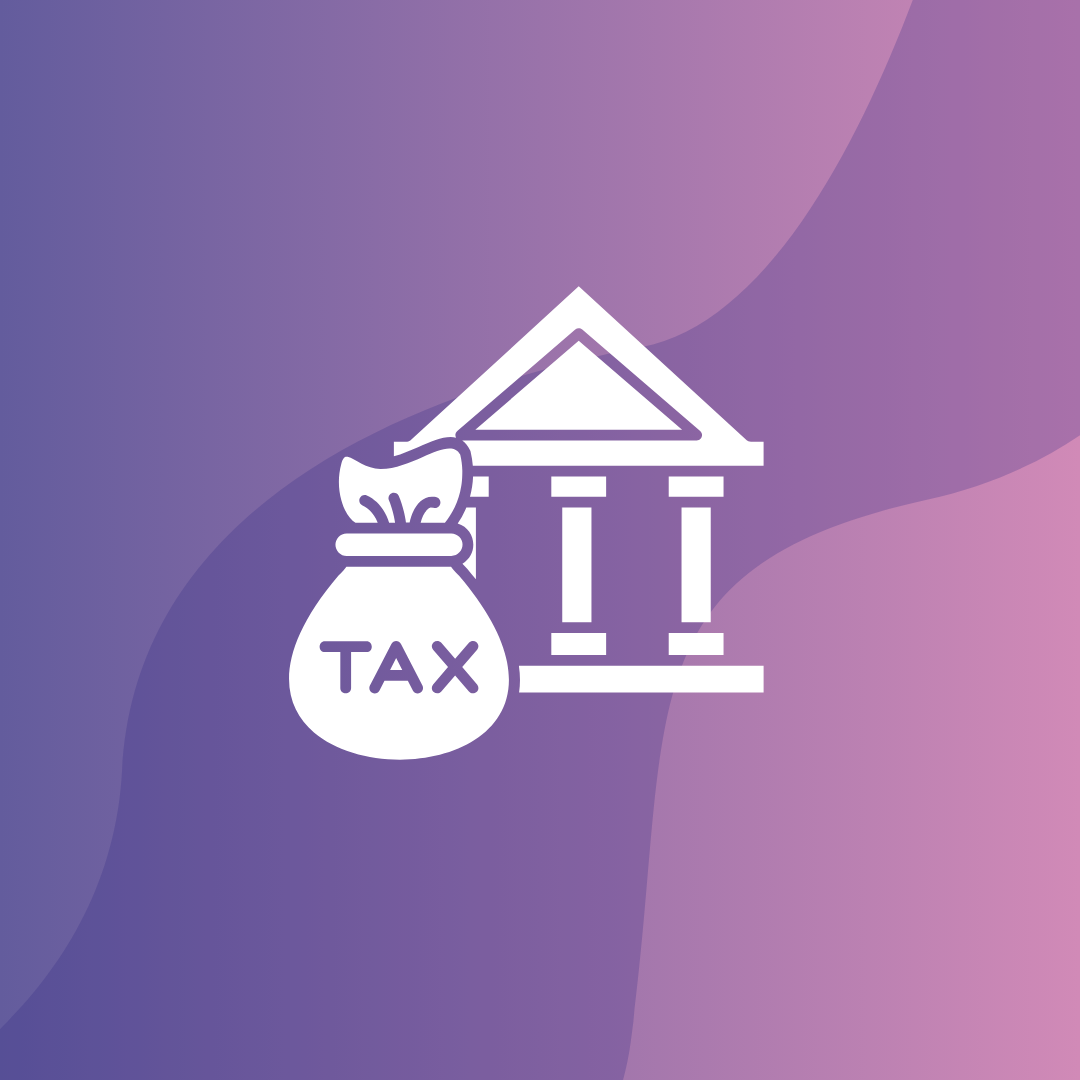Investment fund taxation in Singapore has become a major draw for global investors and fund managers looking for a competitive edge. With clear tax rules, attractive incentive schemes, and flexible structures like the Variable Capital Company (VCC), Singapore has positioned itself as one of the top hubs for investment funds in Asia.
But knowing the basics isn’t enough; understanding exactly how taxation works can determine if your fund runs tax-efficiently or ends up losing out.
This guide unpacks everything you need to know about investment fund taxation in Singapore, from exemptions and incentive schemes to recent regulatory changes, helping you structure with confidence.
Why Singapore Is a Global Hub for Investment Funds
With zero capital gains tax, a pro-business government, and flexible fund structures like the VCC, Singapore is positioning itself as one of the leading jurisdictions for global capital flows into Asia.
The Monetary Authority of Singapore (MAS) puts it plainly: “Singapore continues to maintain its role as a key gateway for global asset managers and investors seeking access to Asia’s growth opportunities, with 77% of AUM sourced from outside Singapore and 88% of total AUM invested globally.”
Investors and fund managers are drawn to a broader ecosystem of advantages that reinforce its reputation as a safe, future-ready financial center. These include:
- Strategic Location & Infrastructure: At the heart of Asia, Singapore connects global capital to regional growth.
- Political Stability: A transparent government that consistently ranks high in global governance indexes.
- Robust Regulation: MAS maintains strict but business-friendly oversight, giving investors confidence.
- Fintech & Innovation: With about 1,500 fintechs in 2024 and billions in VC funding, Singapore is also a forward-looking financial hub.
Thinking about launching your next SPV or fund in Singapore? Talk to us and we’ll help you streamline your fund setup with SPV structuring, compliance, and ongoing management.
Singapore’s Tax Framework for Investment Funds
Singapore operates on a territorial tax system, which means only Singapore-sourced income (or foreign income remitted into Singapore) is taxed. Key highlights:
- Corporate Income Tax: Flat 17% rate
- Personal Income Tax: Progressive, up to 22% (20% for YA2024)
- No Capital Gains Tax: The IRAS states clearly: “There is no capital gains tax earned from the sale of investments and shares in Singapore” (IRAS, Tax Residency Guidance). However, frequent share trading could be treated as income, not capital.
Withholding Tax in Singapore
Non-resident companies and individuals face withholding taxes on certain payments.
| Payment Type | Rate |
| Interest, commissions, fees (loans) | 15% |
| Royalties, knowledge use | 10% |
| Rent for movable properties | 15% |
| Technical/management fees | Prevailing corporate tax rate |
| Sale of real property (non-resident trader) | 15% |
| REIT (Real Estate Investment Trust) distributions | 10% |
Tax Residency Rules
A company is considered a Singapore tax resident if its “control and management” are exercised in Singapore. For instance, a firm is tax resident for YA 2025 if its board and decision-making were based in Singapore during 2024.
Tax Benefits for Residents
Tax resident companies enjoy:
- Double tax treaties (DTA) with 100+ jurisdictions.
- Exemptions on certain foreign-sourced income.
- Start-up tax exemptions.
Key Tax Incentive Schemes for Funds
To attract global fund managers, Singapore has rolled out targeted tax exemptions.
Section 13O: Onshore Fund Tax Exemption
Designed for Singapore-incorporated funds that are managed by local fund managers.
Section 13U: Enhanced-Tier Incentive
Tailored for larger funds with a minimum size of SGD 50 million, including master-feeder structures and SPVs.
Section 13D: Offshore Fund Incentive
Applies to offshore funds that are managed from Singapore, ensuring they remain competitive while benefiting from local expertise.
These schemes provide exemptions on income from designated investments such as equities, bonds, and derivatives.
Singapore’s tax incentive schemes, such as Sections 13O and 13U, play a key role in keeping the city-state competitive with traditional fund domiciles. According to the Monetary Authority of Singapore (MAS), the fund management industry grew to S$6.07 trillion in AUM in 2024, reflecting Singapore’s strong positioning as a global asset management hub.
This growth underscores how Singapore’s regulatory clarity and tax incentives make it a preferred alternative to older offshore jurisdictions like the Cayman Islands and Luxembourg.
The Variable Capital Company (VCC)
Launched in 2020, the Variable Capital Company (VCC) has quickly become the flagship vehicle for fund managers. Its flexibility allows:
- Open-ended or closed-ended structures
- Umbrella funds with sub-funds, each with segregated assets and liabilities.
- Efficient capital flows: Issue and redeem shares without shareholder approval.
For taxation:
- A VCC is treated as a Singapore tax resident if controlled and managed locally.
- Sub-funds follow the umbrella VCC’s residency.
- VCCs may apply for tax treaties and incentives under Sections 13O and 13U.
Compliance and Reporting for Fund Managers
Singapore’s regulatory framework emphasizes transparency and investor protection. Fund managers must adhere to several key areas of compliance:
Regulatory Compliance
Fund managers must comply with regulations, including Anti-Money Laundering (AML), Know-Your-Customer (KYC), and the Monetary Authority of Singapore’s (MAS) fund management rules.
Risk Management
Managers must implement systems and frameworks to monitor and manage different types of risks, including market, credit, and operational risks.
Governance and Reporting
Strong corporate governance is essential. Fund managers must file annual returns, maintain investor reports, and ensure accurate and timely regulatory filings.
Transparency
Detailed disclosures on investment strategy, performance, and risk exposures are expected to maintain investor confidence and align with MAS guidelines.
Conclusion
Singapore’s rise as a global fund hub isn’t just about its tax benefits. It’s the combination of political stability, investor protection, regulatory strength, and innovative vehicles like the VCC.
For fund managers and investors, the opportunities are clear: Singapore offers a safe, tax-efficient, and future-ready environment to structure and scale funds.
Ready to structure your fund or SPV in Singapore? Book a call with us or get in touch with us at info@auptimate.com, and one of our experts will be more than happy to help.



